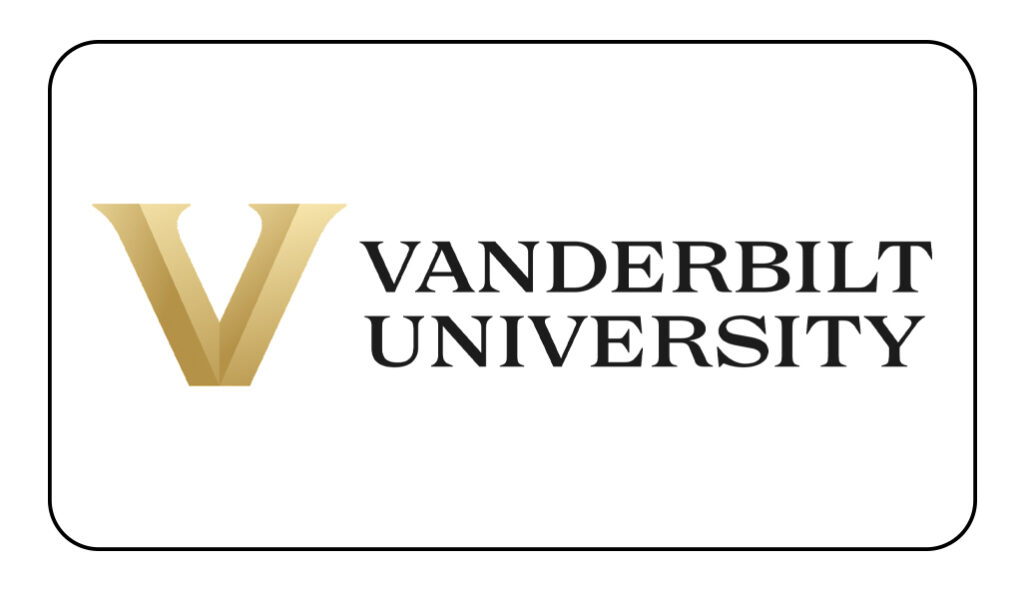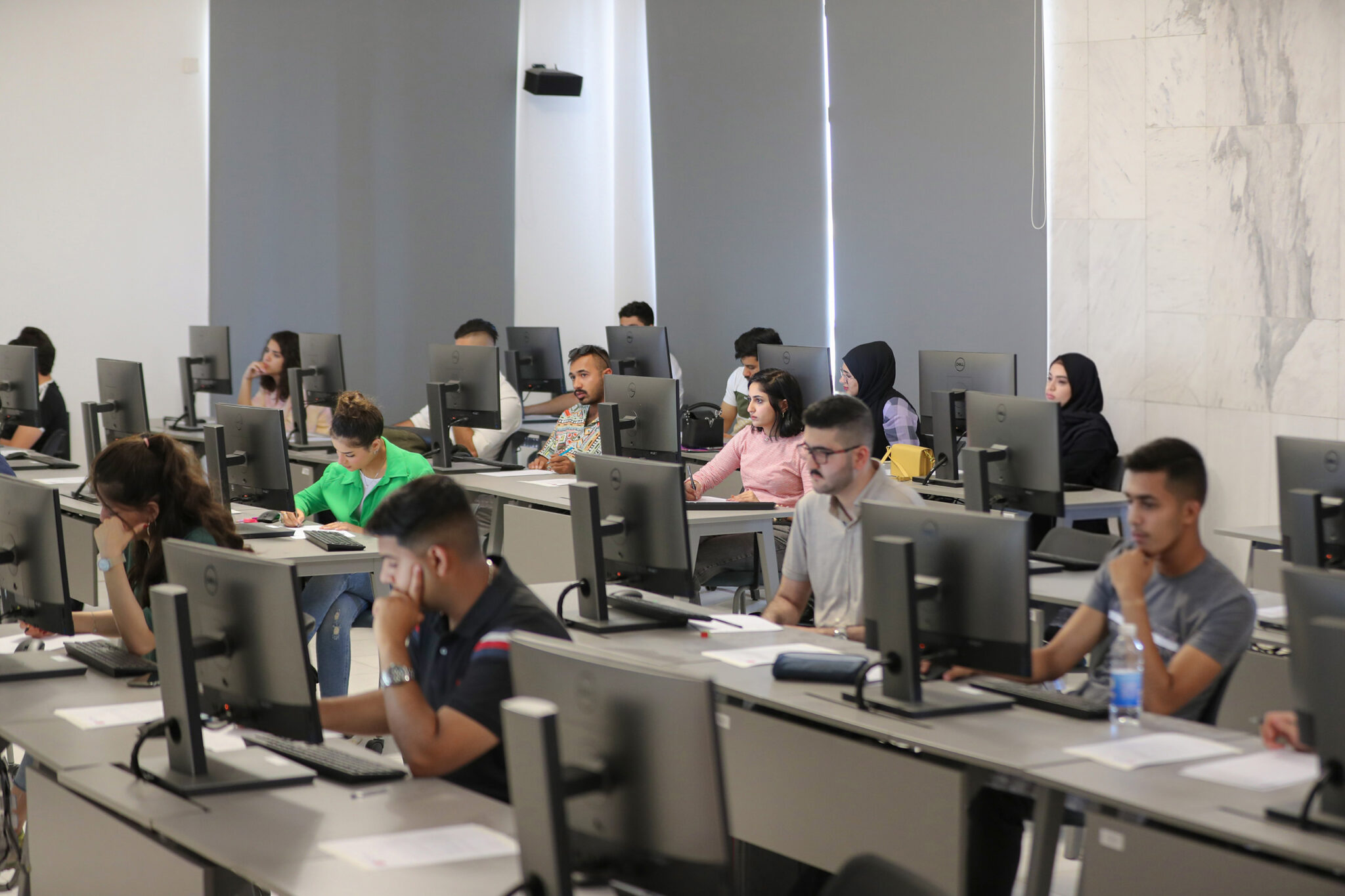Introduction to the program
The Master of Education (MEd) in Higher Education Administration and Leadership (HEAL) at AUIB is a 36-credit hour program designed to equip aspiring higher education professionals with the knowledge, skills, and competencies necessary for leadership and administrative roles in Iraqi and international higher education institutions (HEIs). The program is uniquely positioned to address the evolving needs of the sector, fostering innovative solutions and enhancing the management of university resources, student services, policy implementation, and institutional effectiveness.


International Partnership
The College of Education and Human Development at AUIB was established in part through a U.S. Department of State grant in partnership with Vanderbilt University’s Peabody College. This collaboration will continue to grow in the coming years through the implementation of the Master of Education in Higher Education Administration and Leadership (MEd-HEAL). The curriculum will be developed in consultation with Vanderbilt faculty, allowing the program to benefit from the depth and quality of Vanderbilt’s graduate education programs.

Admission Requirements
To be considered for admission, applicants must:
- Hold a bachelor’s degree from AUIB or another accredited institution
- Have a minimum of two years of professional experience in a higher education institution or an organization that supports higher education
- Provide proof of English language proficiency (e.g., TOEFL, IELTS, Duolingo)
- Submit a personal statement explaining how the program aligns with their professional goals and why it would be beneficial to their career development
Questions? Contact us at +9647871998019
Or call AUIB (for free) all week between 8 AM – 9 PM via 6227 or 6228

Program Snapshot
- Duration: 24 Months
The MEd program consists of ten 3-credit courses and one 6-credit Practical Thesis, for a total of 36 credits completed over two years. The academic calendar is divided into three trimesters annually — spring, summer, and fall — totaling six terms. Each term includes two intensive 7-week courses delivered in-person on Saturdays at the AUIB campus from 09:00 to 16:00.
Courses You’ll Take
- Strategic Leadership and Management for International Organizational Effectiveness (3 credits)
Examines leadership and management strategies essential for guiding complex, mission-driven institutions in a global context.
- Applied Leadership and Management in Higher Education (3 credits)
Applies leadership theories and management principles to academic and administrative challenges in higher education settings.
- International Organizations, Higher Education, and Global Governance (3 credits)
Explores the influence of global organizations on higher education policy, governance, and international collaboration.
- Student Affairs in Higher Education (3 credits)
Introduces the roles, structures, and ethical responsibilities of student affairs in promoting student success and engagement.
- Marketing and Enrollment Management in Higher Education (3 credits)
Covers strategies for student recruitment, retention, and institutional branding aligned with mission-driven enrollment goals.
- Higher Education Finance and Budgeting (3 credits)
Introduces financial planning, budgeting, and resource allocation within the economic and policy frameworks of higher education.
- Curriculum Development and Academic Affairs (3 credits)
Examines curriculum design, academic governance, and strategies for innovation and quality assurance in academic programs.
- Institutional Research and Data-Driven Decision Making (3 credits)
Focuses on data collection, analysis, and reporting to inform strategic planning and promote institutional effectiveness.
- Global Perspectives in Higher Education (3 credits)
Analyzes global trends and comparative higher education systems to develop cross-cultural leadership competencies.
- Higher Education Policy (3 credits)
Explores the formulation, implementation, and impact of higher education policy at local, national, and global levels.
Examines leadership and management strategies essential for guiding complex, mission-driven institutions in a global context.
Applies leadership theories and management principles to academic and administrative challenges in higher education settings.
Explores the influence of global organizations on higher education policy, governance, and international collaboration.
Introduces the roles, structures, and ethical responsibilities of student affairs in promoting student success and engagement.
Covers strategies for student recruitment, retention, and institutional branding aligned with mission-driven enrollment goals.
Introduces financial planning, budgeting, and resource allocation within the economic and policy frameworks of higher education.
Examines curriculum design, academic governance, and strategies for innovation and quality assurance in academic programs.
Focuses on data collection, analysis, and reporting to inform strategic planning and promote institutional effectiveness.
Analyzes global trends and comparative higher education systems to develop cross-cultural leadership competencies.
Explores the formulation, implementation, and impact of higher education policy at local, national, and global levels.
What Sets Us Apart?
This is the first professional master’s degree in Iraq specifically designed for working professionals in higher education leadership and administration, rather than classroom teaching.
The program is supported by Vanderbilt University’s Peabody College, consistently ranked among the top colleges of education in the world.
Students benefit from connections to a global network of top-tier universities, institutions, and international higher education leaders.
Courses are taught by faculty with extensive international experience in higher education administration, policy, research, and strategic leadership.
The curriculum is designed to bridge theory and practice, with a strong emphasis on real-world application through a Practical Thesis.
Students study on AUIB’s modern campus, with state-of-the-art classrooms, technology, and learning environments designed to support professional education.
The Saturday-only, trimester-based schedule is tailored to meet the needs of working professionals without interrupting their careers.
Students may cross-enroll in summer courses at Vanderbilt University, gaining international experience and academic credit from a leading U.S. institution.
The program fosters deep professional relationships and peer collaboration through a cohort model that encourages mutual support and network building.
The program emphasizes systems-level thinking, data-informed decision making, and innovation to prepare graduates to lead change in higher education institutions.
Who Should Apply?
This program is perfect for:
- CAHEI Fellows
- AUIB Teaching, Learning, and Development (TLD) graduates (with at least two years of professional experience)
- Higher education professionals across Iraq
- Ministry-affiliated consultants
- Professionals in international higher education
- Staff in public and private HEIs
- Directors of research centers
- University finance personnel
- Coordinators of international student services
- Consultants in change management and institutional effectiveness


